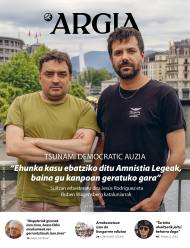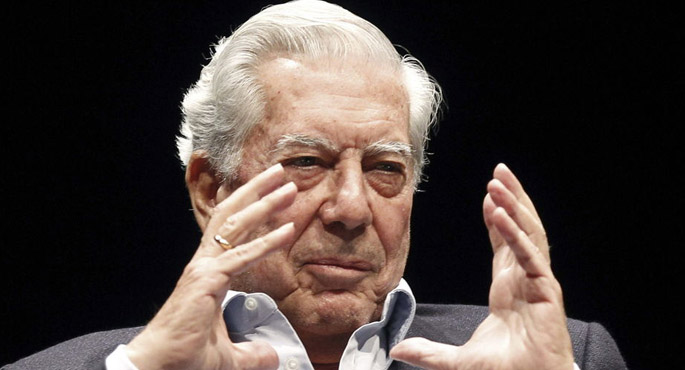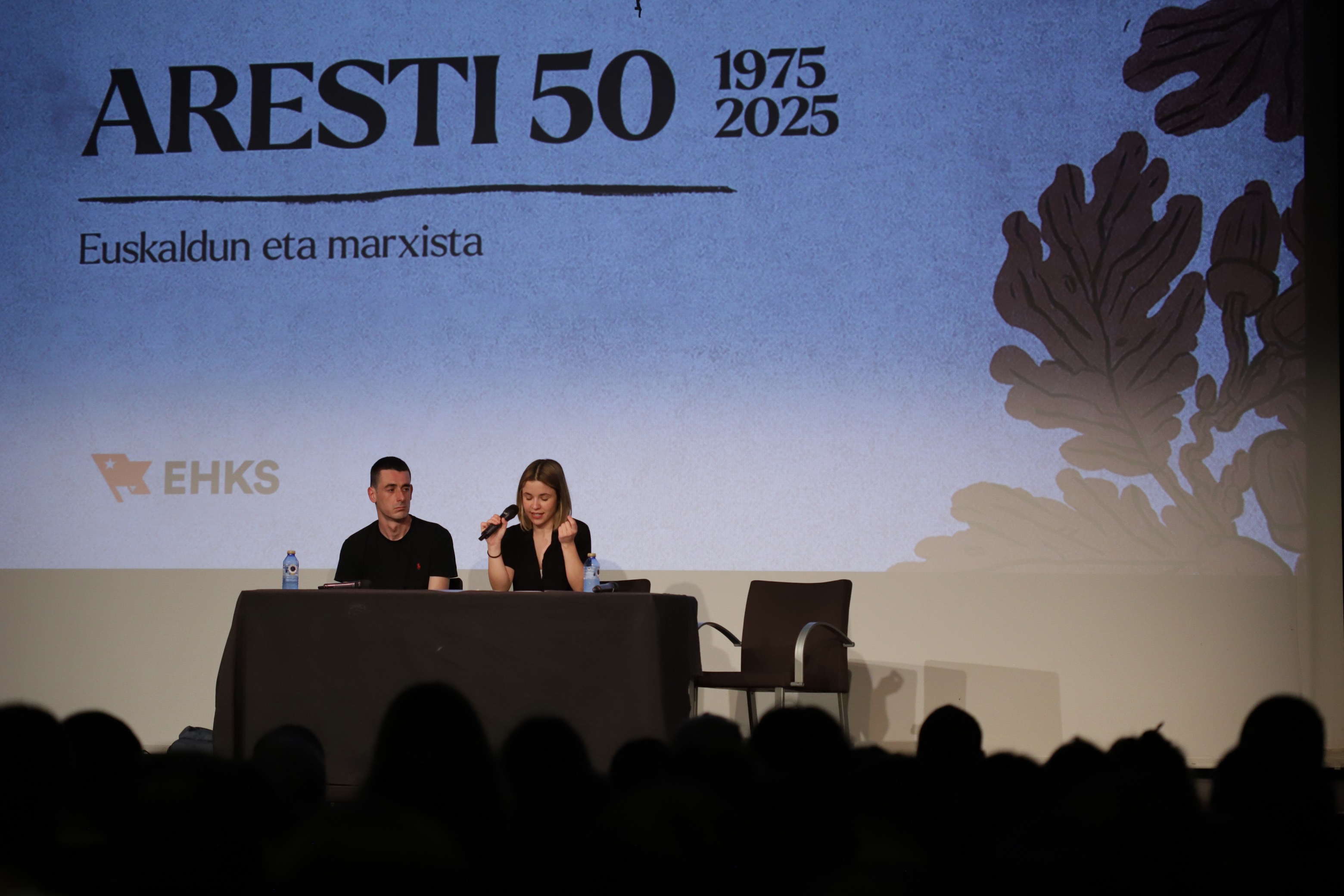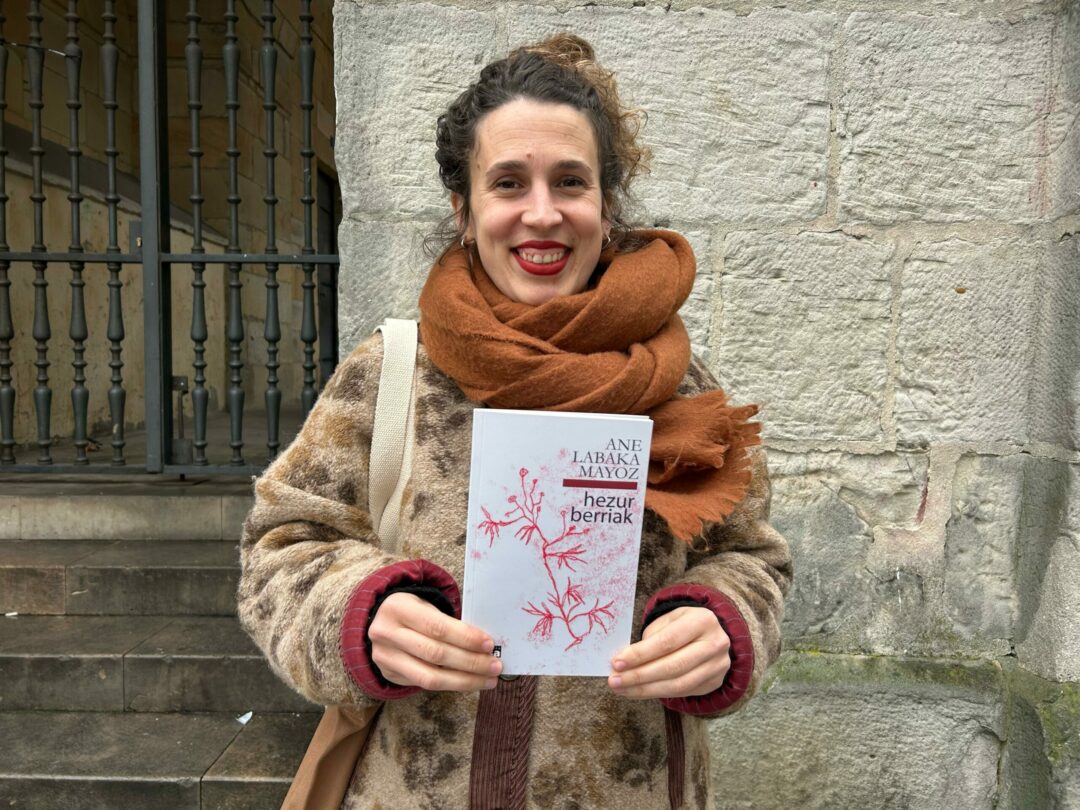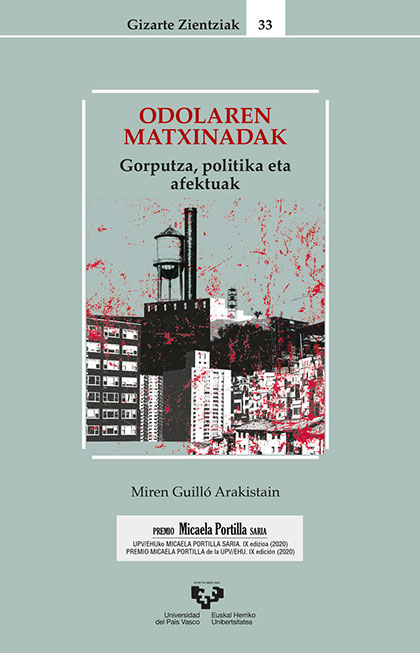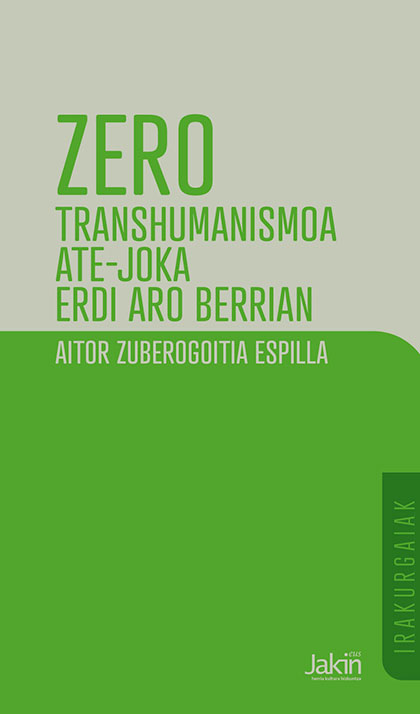"Behind a person's heroic actions is a whole network of protection."
- Thanks to a book by American Meg Ostrum, some of us know the exciting story of Belgian physician Charles Scheppens and Bajonavarro pastor Jean Sarochar: During the Second World War, an escape route was developed through the people of Mendibe and the forest of Irati, to make those who went through the Nazis hide. We've talked to him about the stories behind this story.
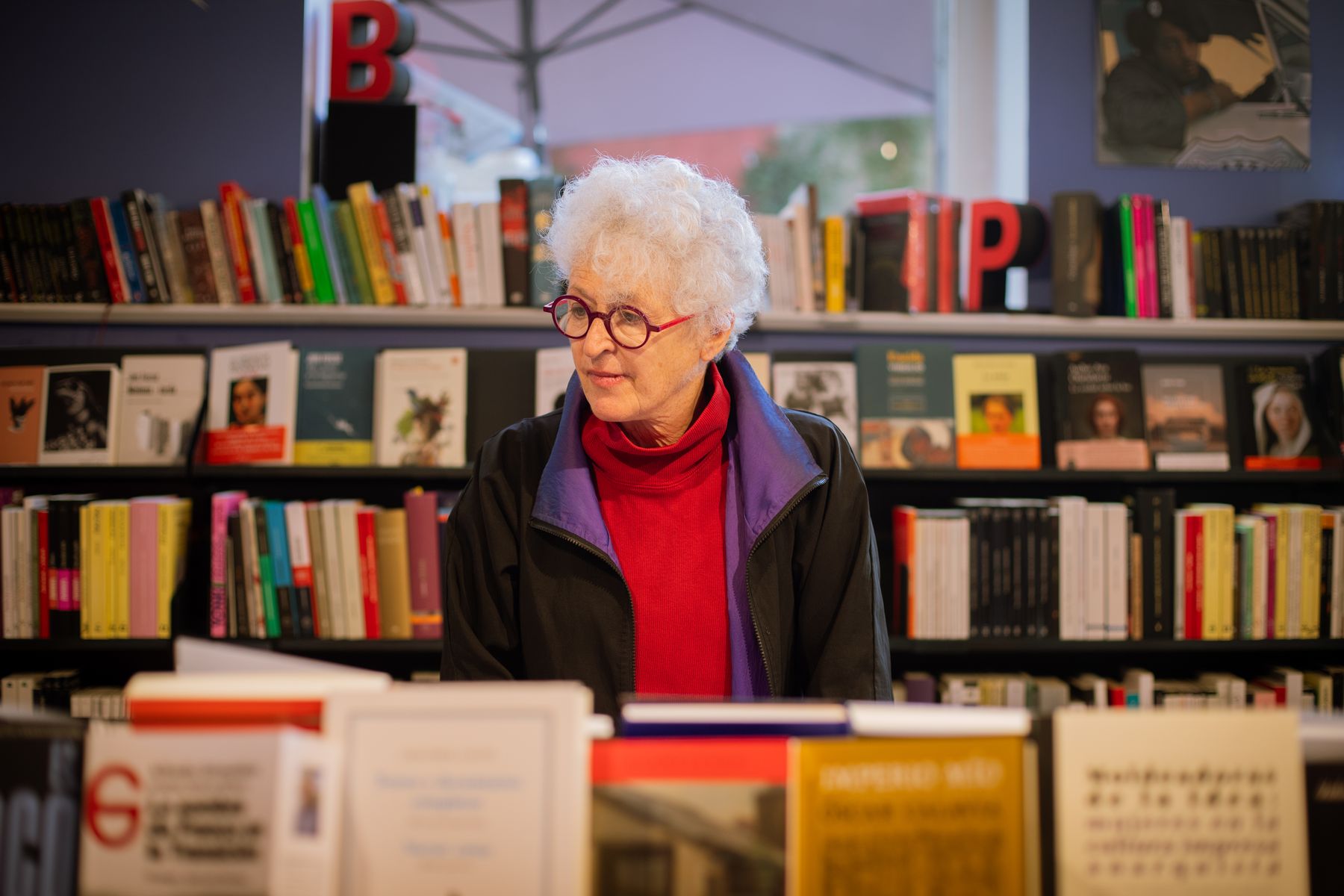
Meg Ostrum - 1950, Cleveland (USA)
He is a specialist in the conservation of cultural heritage and museology. He has dedicated his entire career to this framework: He was coordinator of the Museum and Visual Arts at the Vermont Arts Council between 1978 and 1986, and has since worked as an advisor in various museums and cultural entities. In 2000 he wrote a book on a network of resistance to Nazism in the Basque Country. This book was published last year by Katakrak in Spanish: Shepherd Surgeon: Resistance to Nazism in the Irati Jungle [Surgeon and pastor: Resistance to Nazism in the Irati Forest].
What was the composition process of the book?
When I started researching this story, I was very worried, exploring and exploring. But for me, one of the major challenges was how to tell what happened. I spent a lot of time interviewing Dr. Scheppens and I knew him very well, but in what Sarochar was, I only had second-hand accounts. Despite his excellent stories, he didn't want Sarochar to appear as a flat character. At first I thought I could form a portrait of the village of Mendibe, how it has changed over time, etc. But I didn't know enough about the local history for it. And then I thought I could do it in the way of the Rashomon movie, telling the story from different points of view.
But he didn't.
It was my first book, I found it a lot. So, I did what I knew how to do: I've been in the documentary world, I had some great interviews. So I talked about the methodology of oral history, and I focused on those two people, the unusual alliance between them.
The book was published in English in 2004. 20 years later it has been translated into Spanish by the editorial Katakrak and in the coming days will make various presentations in Euskal Herria. Are you satisfied?
It's a dream. In short, it is a life project. By the time I published the book, I had a lot of materials, but I knew I could gather more. Therefore, after the publication of the book, and especially after the French translation [Le chirurgien et le berger; Auberon, 2011] I thought I could translate and collect the missing information. I had a pretty complete story, but not a complete one.
He studied mainly in Ipar Euskal Herria.
When I was researching, I didn't get much to this part: I didn't know Spanish, and if not, there were a lot of things to look at in the area of France, and I focused on it. Subsequently, the Basque Pyrenees Freedom Trails Association - Euskal Pirinioak Askatasun Bideak organised a memorial tour to Pamplona. This is the third time I have in Pamplona. For me, it's a discovery. It's an opportunity to see and think differently about history and the landscape of history. As I said, the research was not completely finished, it is still alive within me. It hasn't been my primary focus, but it's certainly been part of my life.
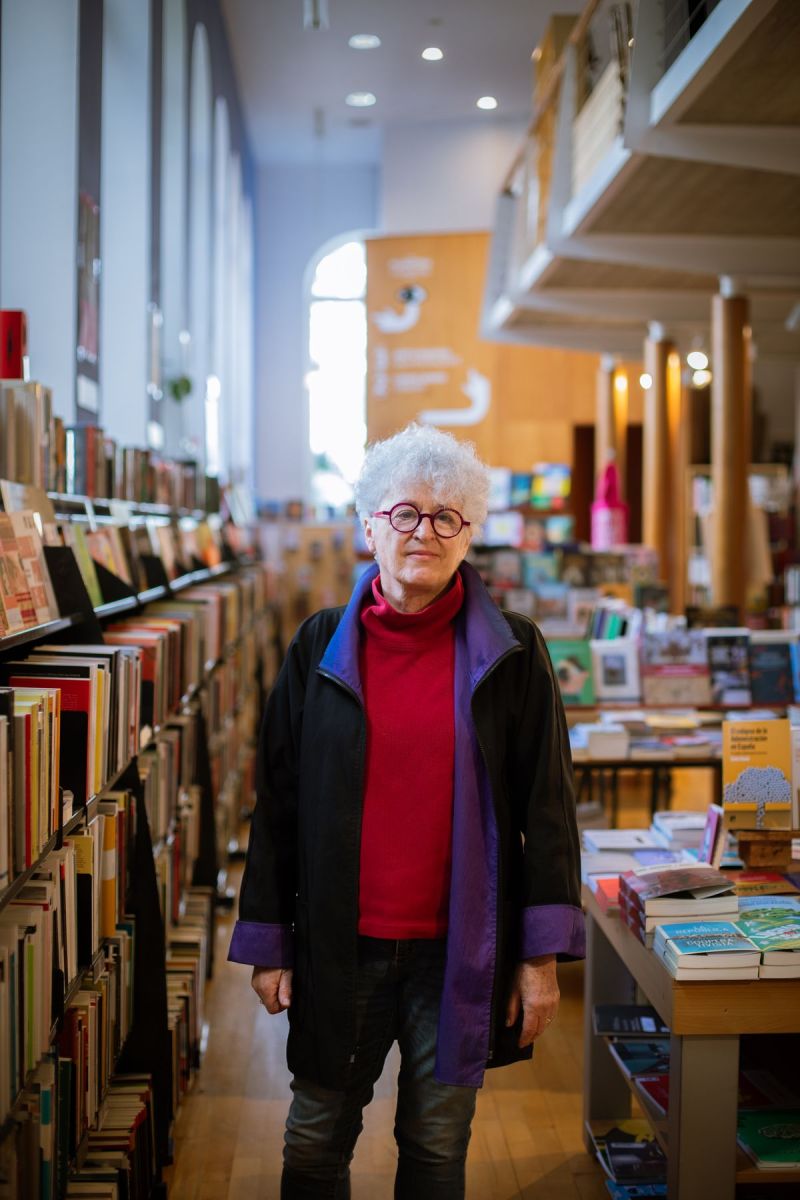
And the truth is, you happened to know Mendibe's rugged network in 1983, when I was on vacation in that area. In fact, World War II isn’t your area, you didn’t have a special connection with Euskal Herria… Could you tell me how this happened?
When I met the story, I was curious. It's not my field at all, and I didn't know anything in advance about it, but there were some factors that led me to the story. On the one hand, I was thirty-eight years old, and I think at that age people are willing to dive into something bigger than her. On the other hand, despite not knowing Basque, I was told that knowing English and French I would do well. And I finally had the help of Mr Erdozainki. I know very well the dynamics of small communities, and I knew that the cure could influence there.
How did the community embrace you, worried you?
The same thing. So I thought, I have Mr Erdozainki, and I really like to investigate. So I'm going to start with your help and see where I'm going. At first, I had no intention of writing a book.
On that trip in 1983 he met the priest Bernard Erdozainki, who told him about Mendibe's resilient network, and gave him a mission: As he lived in Boston, he asked him to send a letter to Scheppens.
He was a messenger. After I gave the letter to Scheppens, I thought: That's it, I'm finishing this. But the story stuck with me. And I also knew that one of my colleagues was Dr. Scheppens' patient. It's just like that! At first I thought about writing a travel chronicle: how I went on vacation to go on a mountain tour and in return I discovered a forgotten story. And I started with that intention.
But
... I thought: Dr. Scheppens, a world-leading ophthalmologist, who has kept this story for himself for how many years I don't know. These kinds of movies like Schindler’s List came a little bit later, and these kinds of issues were not known as much. It seemed to me that such a powerful story had to be told.
Willian Ugueux wrote earlier about what happened in Mendibe, an important Belgian resistance member.
He wrote two books on the subject: the first Histoires de Résistants [Stories of the members of the resistance] and the second Passage d’Iraty [Pasarela de Irati]. These are memory books, and I would say that Ugueux stretched the truth. He told the story from his point of view, and he put himself in the center. It created a good story. I didn't understand why he wrote this at first, but I interviewed him twice, and then I realized. Memory is very imperfect, it's not accurate, and memory books, in that sense, are impressionist portraits.
"The driving forces were mostly men, but in the previous and subsequent relay centers, women were of great importance. The women of the Basque Country were very important”
He was a friend of Scheppens. Did you not take your point of view into account?
It wasn't easy to get to Dr. Scheppens. It took a long time until he started trusting me. Firstly, by its very nature, and on the other hand, it was a double agent… Therefore, it responded only to the things I asked him. In these kinds of projects, especially if you're focusing on a couple of people, you expect that at some point a reflection will begin for yourself, without you asking, you will generate some memory and tell it naturally. With Dr. Scheppens, that never happened to me. Never. I always had to ask him very specific things, like a interrogator. When Ugueux told him that he wanted to write a book -- I knew later -- Dr. Scheppens taped him an hour-long tape, explaining his side of history, and Ugueux took advantage of it in his books. Just that: a one-hour testimony. Luckily, Ugueux was a good writer and the books are entertaining. But as I researched, as I talked to people, I realized ...
That was a partial point of view, not a whole story.
That's it. Like someone was in an underground reservoir, with a periscope staring outside: he doesn't see everything. It was something like this. I wanted to gather as many views as possible, and I realized it was difficult, because history had become a kind of legend in Mendibe. It was the local drama. But all the details got them backwards. I was a stranger, and I had a question as to whether people would be willing to talk to me, but I had one thing in my favor: the Mendibetarras knew that I had spent a lot of time with Dr. Scheppens, and that made me feel that they would trust me, that they wouldn't think anything.
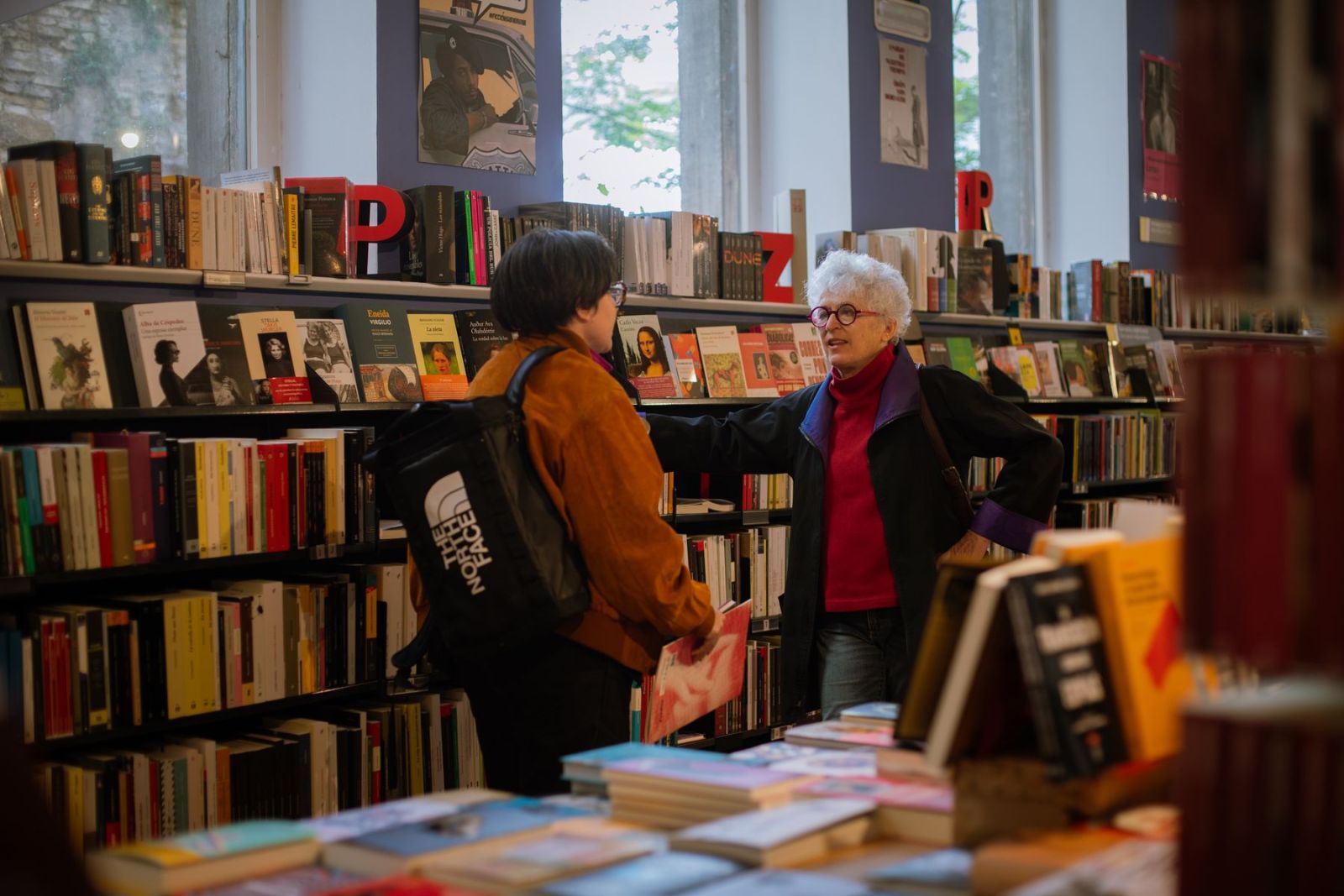
Another point of view he tried to bring together was Cette Scheppens. She was Charles's wife, and she also had something to do with history. Throughout this time the responsibility of the two children of the couple was the same. For Mrs
Scheppens, the story was very traumatic and I didn't want to talk about it at first. But then I realized that I needed his vision to explain the story as completely as possible. From the time I started researching until the book was published, many years passed, and among other reasons. I was waiting for Mrs Scheppens to be willing to talk to me.
When was that?
in 1997. On the other hand, as for the influence of the book, something very exciting happened. After the book was published, I first heard Dr. Scheppens tell him that his wife was a hero. That is, thanks to the book, he looked back and realized the contribution of his wife.
What did Mrs Scheppens say to her?
“I love the book and I hate history.”
Ufa.
It was strong.
The book contains two prologues, and it is precisely the text of Ainara Rodríguez Rolán that emphasizes the role of women. In the stories on resistance and border transfers, the action of men has been highlighted, especially by the passage of men, but also the importance of women in this type of network. According to Rodríguez Rolán, in his book this female presence is not hidden, and it is to be welcomed. Not only does he present a main hero, but the entire network around him.
Yes, for example, most of the hotel owners who worked with the Mendibe network were women. At the beginning of the book, there are a number of general questions, to see what happens to heroes after the war, to see what it is to be a hero, and so on. And among the things that I've understood and learned through the book, I've realized that heroes are presented as individual actors, but that there's actually a network around or behind them, that the activity of a network allows that hero's actions. Without belittling those miraculous actions, but for this to happen there are a lot of other shadow protection actions. And in this case, there were a lot of women who were dedicated to these tasks. The motor vehicles were mostly men, but in the previous and subsequent relay centers women were very important. Women from the Basque Country were very important.
You arrived in Pamplona yesterday. We met at 10 a.m. to conduct this interview [which took place on May 18], after which we will meet different places with Nerea Fillat of the editorial. They'll also pay you a tribute. Are you very active?
I'm crazy. Bringing this story to light is a huge pleasure. It's very important for people, but they don't know, they haven't had it at hand. It's wonderful to be able to make people who didn't know it known. Very few people know in Spain, they do not know the importance they had in the European resistance movement. It's like giving birth to something invisible, and that's very significant to me.
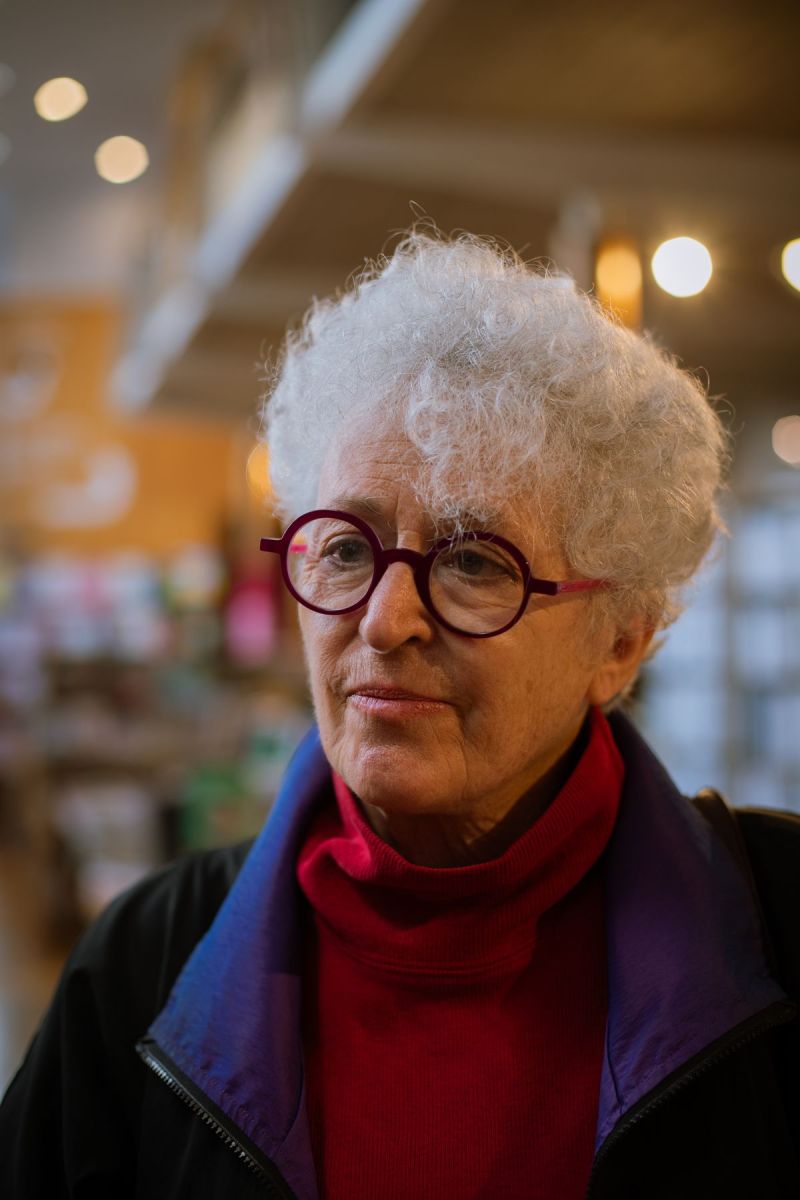
They say you keep collecting information. Would you like to write another book on this subject?
Yes, as you say, since the book was published I have continued to accumulate information, so I have been correcting versions, and this one from Katakrak is the most accurate so far. I'd like to do a full review to fine-tune all the missing aspects, and also write an epilogue about the impact of the book and all that I've learned after the book's publication.
In conclusion, as you have known our people, I should like to ask you about you. He was born in Cleveland, Ohio, but has lived for years in the state of Vermont.
Yeah, the truth is, I thought I was talking about Vermont at the conferences these days. This is a border state located two hours from Québec in the south direction. In fact, I started my professional career in the big museums, specifically at the Cleveland Museum of Art and then in Minneapolis. At first, I thought I'd continue to do this kind of work, but look, a new job emerged to take care of the program for all the museums in Vermont, and I found it interesting and welcomed. I thought I was going to work for a few years and then I would go back to the big institutions, but no, I stayed there. Now I'm semi-retired.
He told me that at the conferences he intended to mention Vermont. Why?
I think it has some similarities with Euskal Herria, and so people will see that I'm not from Mars. [laughter] To begin with, in
Vermont we're about 650,000 people, and everyone knows everyone or they're relatives. I live in the countryside, and that gave me a certain closeness to Mendibe, it wasn't entirely strange to me. I could make comparisons, I had a reference. And the landscape itself looks like the Pyrenees. So, even if it is another culture, I understand a few things well.
Under the asphalt, the flower
Text: Monica Rodriguez
Illustrations: Rocío Araya translation
of: Itziar Ulcerati
A fin de cuentos, 2025
Ereserkiek, kanta-modalitate zehatz, eder eta arriskutsu horiek, komunitate bati zuzentzea izan ohi dute helburu. “Ene aberri eta sasoiko lagunok”, hasten da Sarrionandiaren poema ezaguna. Ereserki bat da, jakina: horra nori zuzentzen zaion tonu solemnean, handitxo... [+]
Perhaps we could say that this text is the result of an appraisal meeting. However, valuation meetings often leave a dry and bittersweet taste in the mouth. It's a sunny Tuesday afternoon. 16:53. We've connected to the valuation meeting, and we've decided to put a lemon candy in... [+]
Odolaren matxinadak. Gorputza, politika eta afektuak
Miren Guilló
EHU, 2024
Miren Guilló antropologoaren saiakera berria argitaratu du EHUk. Odolaren matxinada da izenburu... [+]
Astelehen honetan hasita, astebetez, Jon Miranderen obra izango dute aztergai: besteren artean, Mirande nor zen argitzeaz eta errepasatzeaz gain, bere figurarekin zer egin hausnartuko dute, polemikoak baitira bere hainbat adierazpen eta testu.
Zero. Transhumanismoa ate-joka erdi aro berrian
Aitor Zuberogoitia
Jakin, 2024
-----------------------------------------------------------
Hasieran saiakera filosofiko-soziologikoa espero nuen, baina ez da hori liburu honetan aurkitu dudan bakarra. Izan ere, biografia... [+]







